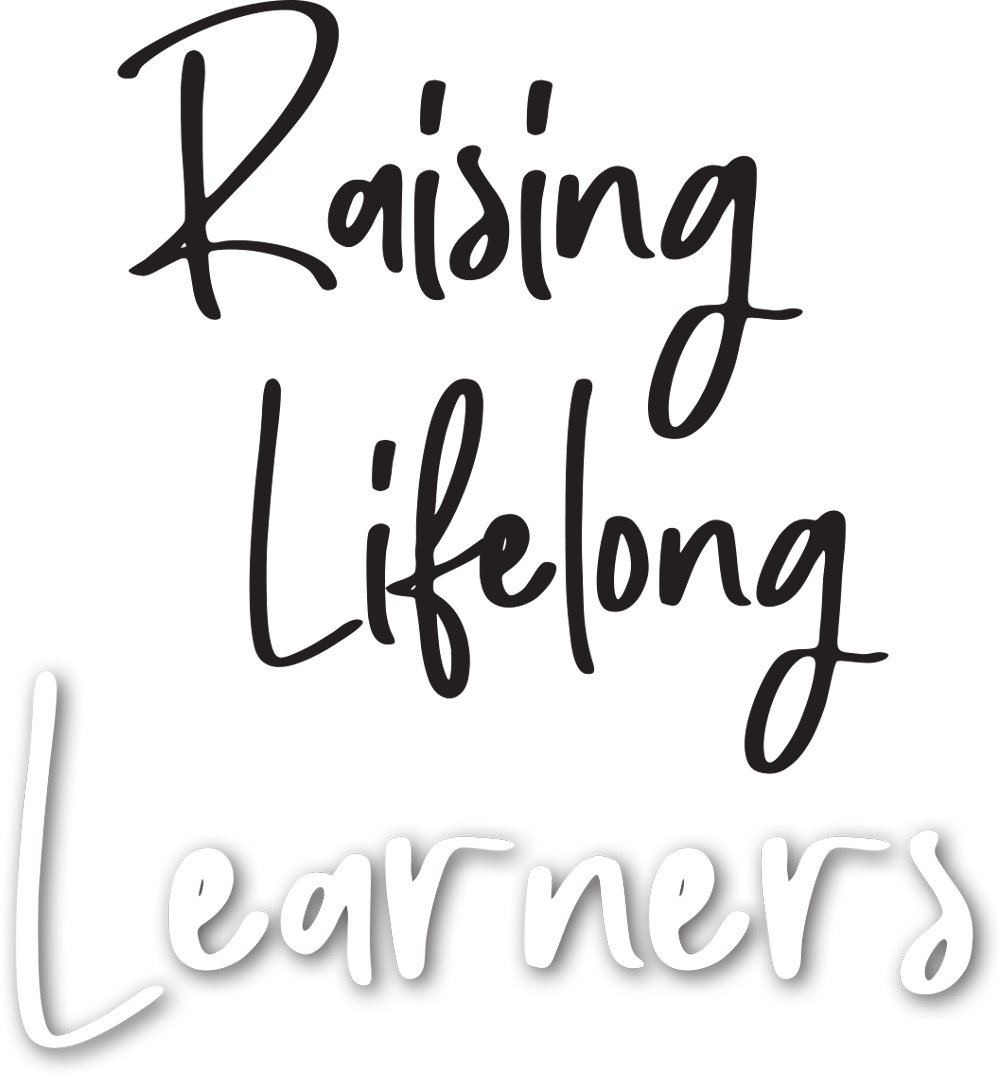
Colleen Kessler, M.Ed.
When I was a newer homeschool mom, I would have likely thrown journals into my backpack along with pencils, animal guides, and an idea of how I could turn this impromptu day off into a justifiable day of learning. Afterall, as a homeschool mom, I have the obligation to make sure the kids are learning every single day, don’t I?

According to an article in “Harvard Magazine”, repeated Gallup polls of over 500,000 students saw the terms “bored” and “tired” topping the lists of how kids felt about school. Only two percent of polled students said they were never bored at all.
And homeschoolers are not immune to this phenomenon.
As our children get older, we worry more and more about what “counts” as school. We worry about transcripts and futures and college applications and life. We make more checklists and we find ourselves in ruts where scopes and sequences take over our days. What if we allowed ourselves and our children to fall in love with learning for its own sake? What if we reminded ourselves daily that we’re in the driver’s seat and can map out our educational path in the ways that fit us best? What if we had more fun with our kids and teens?
How will they learn?
How will they be prepared for the real world?
Practically, as homeschool parents, we need to make sure our kids are getting the basics down and are engaged in a well-rounded education that offers them the opportunity for whatever future they dream of having. Ultimately, though, our kiddos need to leave our homeschool knowing that there’s nothing they can’t discover or learn if they want to know it. They need to be empowered to play, discover, and dream, and they need to enjoy learning for its own sake.
If there’s anything the last several years have taught us, it’s that technology, jobs, and businesses are ever-changing and always evolving. Future-proofing our kids means that we need to help them have fun, express their creativity, be innovative, and always seek out new adventures in learning.
In fact, brain research supports this. According to Cognition Today, positive emotions broaden the brain’s capacity and help it draw more mental resources. This means that when our kids are in a good mood and are having fun and engaged with their learning, their attention is enhanced—they remember more about the big picture as well as the tiny details. Good moods increase dopamine in the prefrontal cortex—the area that is in charge of attention, memory, comprehension, and more—and makes whatever is happening at the time feel good, rewarding, and something to do again and again.

And it’s not that hard to implement in small, sneaky ways no matter how you homeschool, what curriculums you use, or what your family’s day-to-day rhythm looks like. Try these simple ideas:
Explore together. Just recently, one of my kids saw an episode of Octonauts that showed an oarfish. It was a species he’d never heard of. We spent a pleasant afternoon watching YouTube videos, drawing sketches, and chatting about this strange creature.
Be silly. Adding jokes, wordplay, and humor into your day is a wonderful way to increase dopamine. Have a joke-off. Find the silliest jokes possible and take turns telling them to each other, and see who can hold out the longest without laughing.
Shake things up. If you feel yourself slipping into a rut, do a one-eighty. Take the day off. Go to a playground. Try a project. Do an experiment. Have a friend over. Like our day off at the zoo, sometimes those breaks can trigger a renewed interest or spark a new one. (My kids are currently drawing animals in an art journal to remember what they saw yesterday—just because they want to.)
Share passion. What do YOU love? Share that with your kids. Create a family newsletter to send to friends if you love writing like I do. Teach them to bake or knit or fish or explore a hiking trail. When you share your passions, you help your children find their own.
Play together. When most people think about play-based learning, they think of adding more board games into their homeschool. Using games is a great strategy for adding fun into your day. So is jumping on the trampoline with your kids or playing “pickle-in-the-middle” with the dogs as you throw a ball back and forth to your kids.
Journaling at the zoo instead of around the kitchen table has a wonderful place in our homeschooling. Adding in field trips and explorations are important ways to add fun into learning naturally. Don’t forget to have those just-have-fun-with-each-other days too.
Homeschooling is an amazing adventure and a unique chance to have fun with our kids throughout their entire childhoods. And, by enjoying the learning alongside them, we’re preparing our kids for whatever their future holds.

